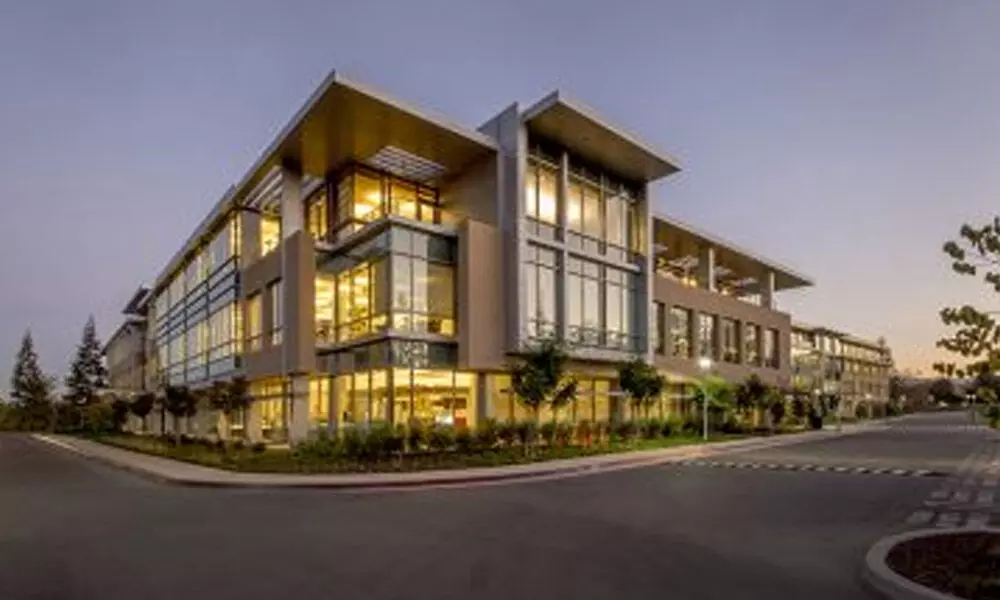Commercial realty under pressure as Covid bites

Commercial realty under pressure as Covid bites
With the second wave peaking in the first quarter of FY22, the sector is expected to confront similar challenges as in the previous financial year, Icra Ratings said in a report
The commercial real estate sector will continue to face pressure in the near term due to the Covid-19 pandemic related disruptions in the office and retail leasing segments, according to a report.
With the second wave peaking in the first quarter of FY22, the sector is expected to confront similar challenges as in the previous financial year, Icra Ratings said in the report.
While the retail leasing segment prospects are closely linked to the recovery in retail sales and discretionary consumption spending by the urban population, demand recovery in the office leasing segment is influenced by multiple factors as corporates evaluate the challenges and opportunities created by the pandemic on their real estate resource planning, it added.
"Though cash flows remained materially unimpacted in FY21, we are seeing increasing vacancy levels in the rated portfolio as the pandemic has resulted in deferment of new leasing transactions by tenants, while the available inventory builds up in line with scheduled completions," Icra Group Head and Senior Vice President, Corporate Ratings, Shubham Jain told reporters at a virtual press conference. The delay in the conclusion of new leasing is on account of multiple factors, including restrictions on international travel and deferment of decision making until there is clarity on employees returning to offices at earlier numbers, he added.
To some extent, corporates could also be evaluating the potential for them to reduce their real estate footprint through the implementation of hybrid work models, including work-from-home, flexible-seating, among others, he noted.
"While the factors that have supported the high level of absorption of office space in the country in the past – including abundant and cost-competitive talent pool – remain intact, the evolving work practices in response to the pandemic may create, at best, a temporary deferment of leasing decisions or, in the worst case, a permanent reduction in the demand for real estate space," Jain said.
As per the report, until the implications of the pandemic on the demand trends become clear over the medium term, portfolios with moderate leverage and a low share of under-construction assets will be better placed to weather the short-term challenges such as a drop in occupancy or lower than anticipated growth in rent rates.Nonetheless, a sustained gap in the demand-supply position, which can spill over into reduction of rent rates or occupancies in the broader market, will be a key monitorable, it added.
Icra said the cash flow pressures on the retail leasing segment are more evident in the near term as state-level lockdowns and restrictions on mall operations impact the tenants'' revenues and will translate into rent concessions being granted by mall operators.As retail operations eventually recover from the impact of the pandemic, the rental collections are also expected to revert to the earlier levels, the report noted.
Nonetheless, the timelines for such recovery will depend on the pace of vaccinations in the target consumer segment for retail malls, as well as the revival in consumer sentiments following the adverse impact that the second wave had on disposable incomes.
"The first wave resulted in a reduction in net operating income of malls by up to 50 per cent in FY21. However, the recovery in operating metrics witnessed in the second half of last fiscal would have been heartening for the industry.
"The prospects for such a steep recovery in FY22 could be dampened by the income shock created by the second wave due to the associated healthcare costs that many families incurred," Jain noted.In addition, he said, the possibility of subsequent waves will weigh on the decision-making by authorities regarding relaxation of restrictions as well as the propensity for visitors to return for non-essential shopping and leisure.








